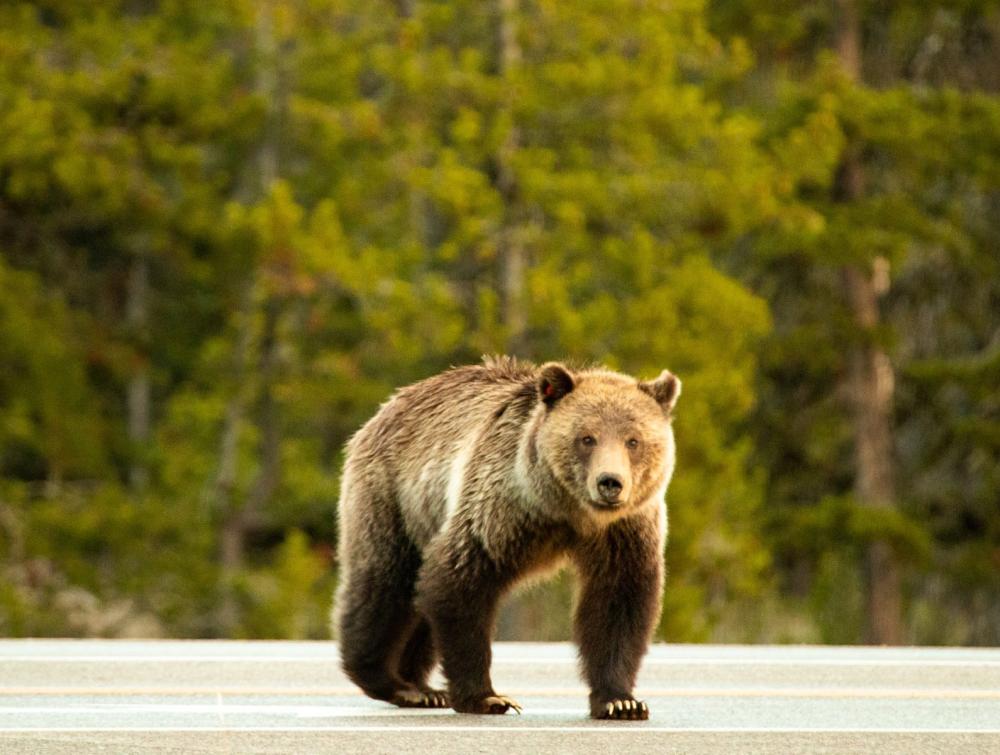New report shows poor case for drilling Arctic Refuge

Grand Teton, WY
NPS/Adams
New report shows poor case for drilling Arctic Refuge
WASHINGTON, D.C. – Saturday marks the one-year anniversary of Congress passing a tax bill that contained a controversial provision that opened the Arctic National Wildlife Refuge to oil and gas leasing against the wishes of most Americans. As the Trump administration recklessly charges toward drilling for oil in the refuge, The Wilderness Society is detailing the phony economics and financial folly behind the administration’s efforts in a new report titled, “Costly Oil: Why drilling in the Arctic Refuge is a bad deal for Americans.”
The report, based on research by Key-Log Economics that was commissioned by The Wilderness Society, lays out the economic arguments of why drilling in the refuge does not make financial sense. It comes as Bloomberg is reporting an even weaker oil market in 2019 than when the tax bill was signed on Dec. 22 of last year. That projection of lower oil prices is echoed even by Trump’s own U.S. Energy Information Administration.
The report comes ahead of an anticipated draft proposal for Arctic drilling due any day from the Interior Department, and as legislation is being readied in the House and Senate to repeal the Arctic drilling rider from the tax bill.
The administration’s promises of cheap, abundant energy from the sensitive 1.5 million acre coastal plain of the Arctic Refuge are based on outdated information and overly optimistic assumptions about how much oil exists in the region, the price of such oil and the speed with which it could be developed and taken to market.
“The Trump administration is using fake economics and bogus data to mislead Americans as part of its irresponsible rush to turn over our public lands to oil companies for development. This report shows the true cost of drilling in one of America’s wildest and most important places,” said Chase Huntley, TWS senior director for climate and energy programs. “There is far more to public lands than the oil beneath them, and nowhere is that more true than in the coastal plain of the Arctic National Wildlife Refuge. We all have a moral responsibility to understand this issue and, with full information it is clear we should protect, not allow industry to pilfer, the Arctic Refuge for future generations."
The refuge is an amazing, wild landscape of 19.3 million acres in northeastern Alaska, and is home to polar bears, wolves, migratory birds and the Porcupine Caribou Herd, which consists of more than 200,000 animals. Given the enormous risk that oil development would pose to ecosystems and villages in the region, it is essential that claimed benefits be closely, carefully and critically examined.
Press Contact: Tony Iallonardo, Tony_Iallonardo@tws.org, 202-503-8581
The Wilderness Society is the leading conservation organization working to protect wilderness and inspire Americans to care for our wild places. Founded in 1935, and now with more than one million members and supporters, The Wilderness Society has led the effort to permanently protect 109 million acres of wilderness and to ensure sound management of our shared national lands. www.wilderness.org.
